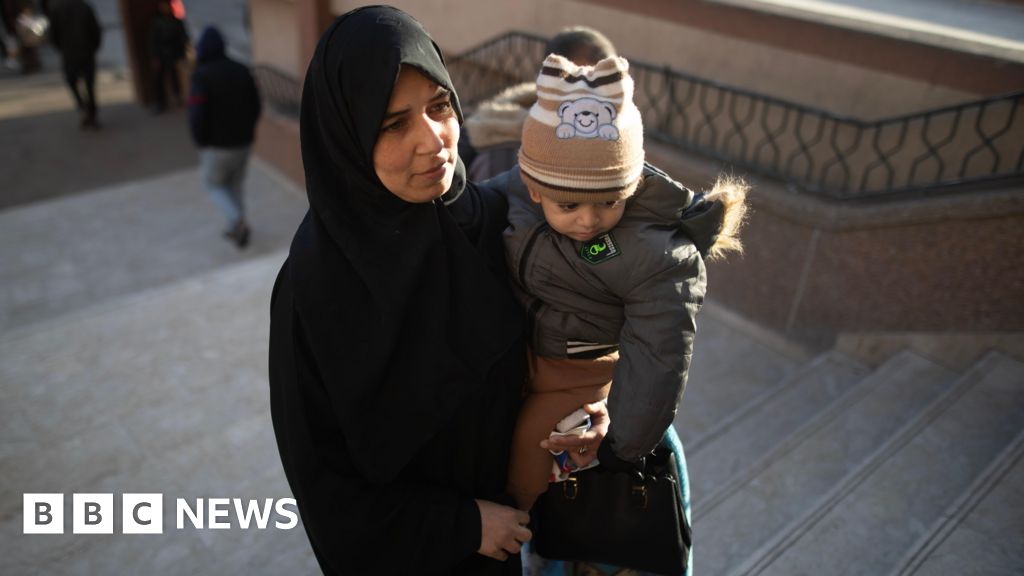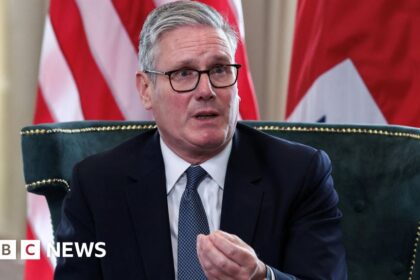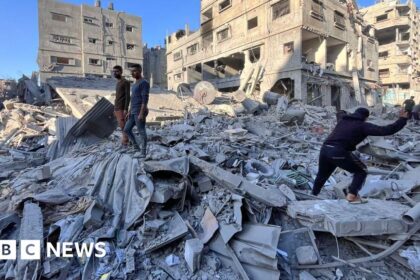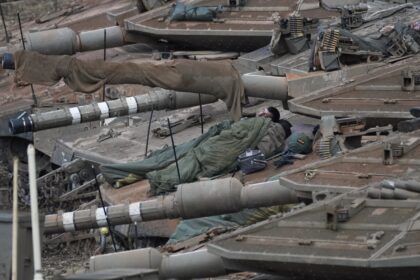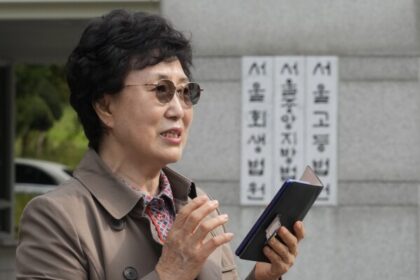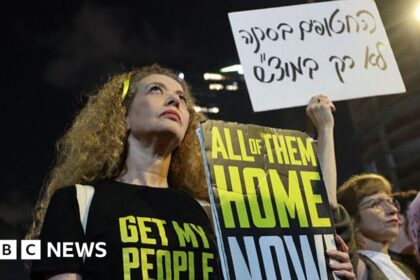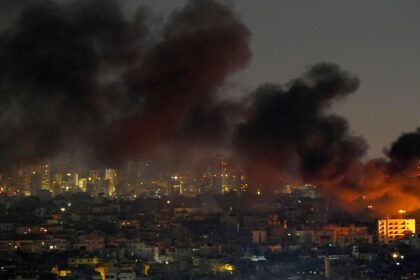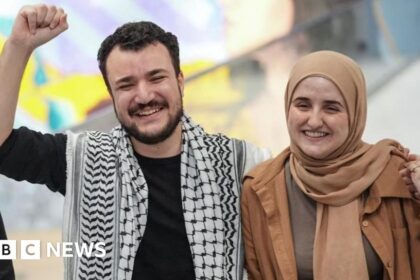**Sick and Wounded Palestinians Leave Gaza for Medical Care**
For the first time in eight months, the Rafah border crossing between Gaza and Egypt has reopened. This allows sick and wounded Palestinians to leave Gaza for medical treatment in Egypt.
Thirty-seven Palestinians, including 39 children and 34 adults, have already left Gaza to receive medical care in Egypt. The World Health Organization (WHO) reports that many of these patients are in need of specialized treatment that is not available in Gaza.
**Desperate Families Wait for Treatment**
One family’s son, Moatasem Bilah Rami Nabil Samuelmour, has a rare autoimmune disorder and was waiting impatiently to leave Gaza. His mother, Mai Khader Abdul Ghani, was overjoyed when she heard that his name had been included on the referral list.
“We’ve been waiting impatiently for this day,” Mai said. “I hope that his suffering ends after receiving the proper treatment.”
Another family’s niece, Lara Abu Jalala, suffered serious injuries to both of her feet following a bombing that killed her brothers and parents. Her uncle, Mohammed Abu Jalala, accompanied her to the border crossing for medical care.
**WHO Representative Describes Evacuation Process**
Dr. Rik Peeperkorn of the WHO representative in West Bank and Gaza described the evacuation process as “orderly” but “slow”. The ambulances go one by one, first with non-walking patients, then walking patients and their companions. They will be checked and moved to the Egyptian side.
Dr. Peeperkorn estimates that 14,000 people need treatment that they cannot receive in Gaza. Half of these patients’ injuries are related to war and trauma, while the other half suffer from chronic diseases.
**EU Supports Medical Evacuation**
The European Union’s chief of foreign policy, Kaja Kallas, said on Friday that a monitoring team had been deployed at the crossing to support Palestinian border personnel and allow individuals to leave Gaza for medical care.
Read More @ www.bbc.com




